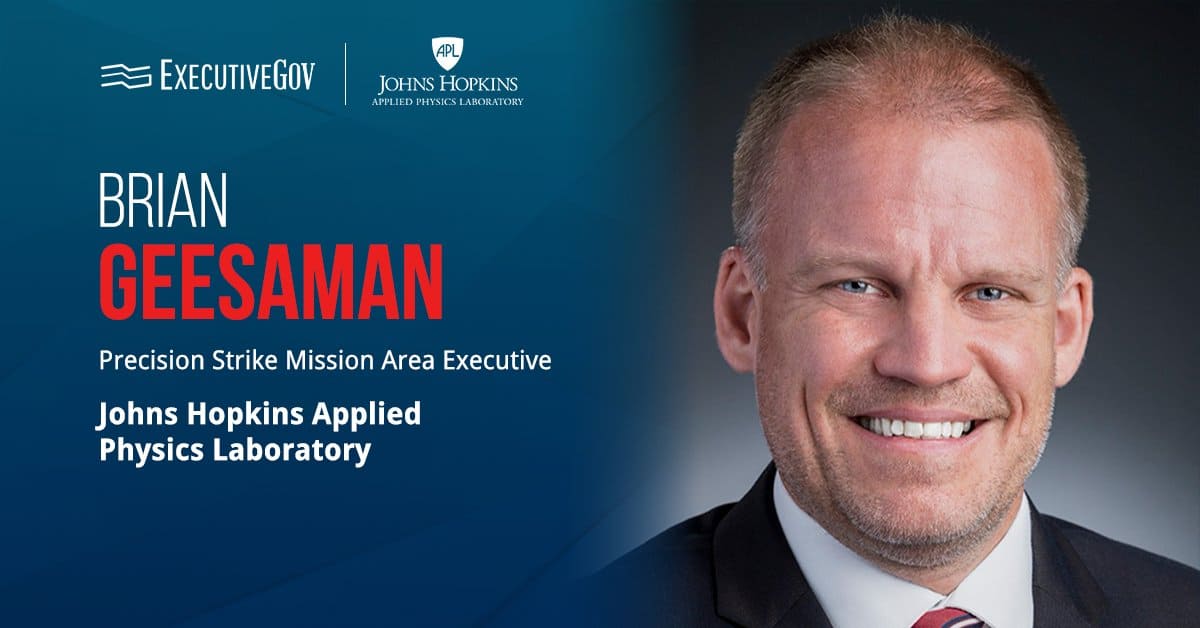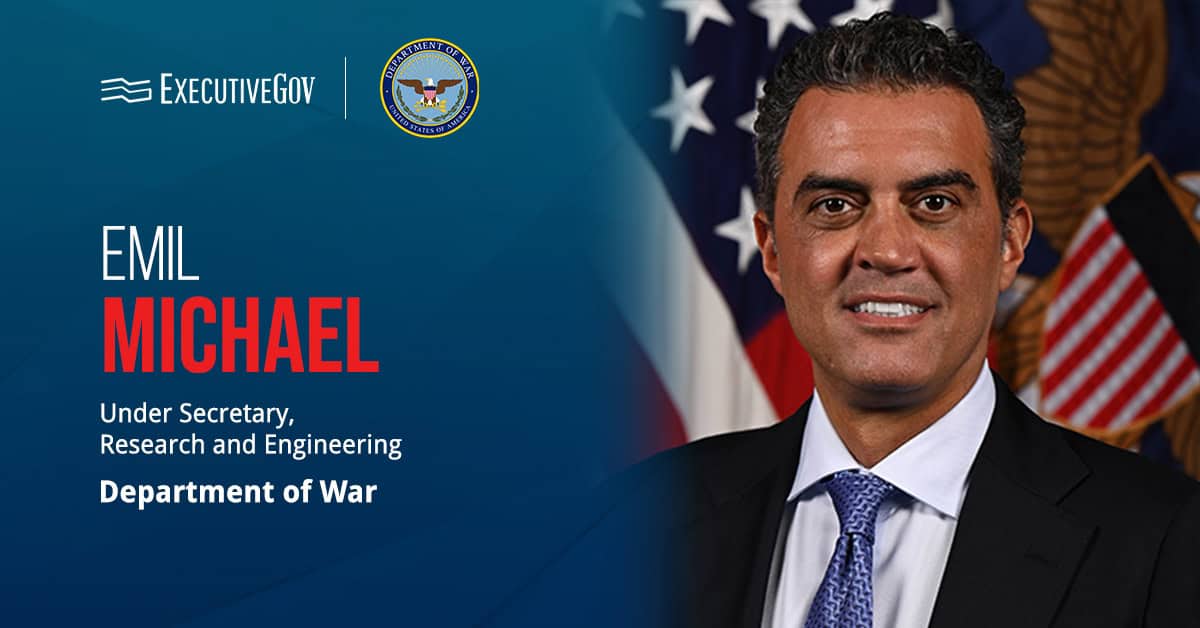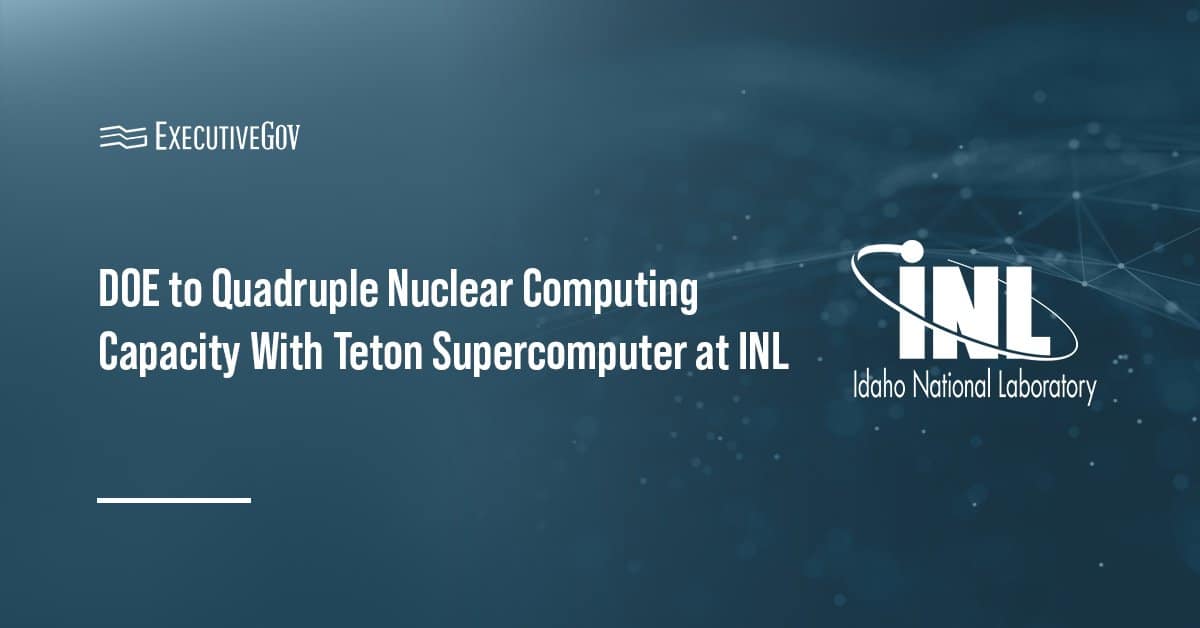Air Force Research Laboratory (AFRL) has unveiled plans for two new space projects administered by AFRL’s space vehicles directorate, Space News reported Wednesday.
The first project will experiment on low orbit satellite instruments, and the second one will test sensors designed to monitor the space between Earth and the moon.
The first experiment, titled Precise, will use satellite instruments to assess the ionosphere’s changes that stem from various ion source gas compositions. This study seeks to further understand the ionosphere and the effects of these gases on satellite communications.
The other one, called CHPS, will aim to demonstrate situational awareness in cislunar space that extends from geosynchronous Earth orbit to the moon. AFRL selected the two from entries submitted by 27 teams.





